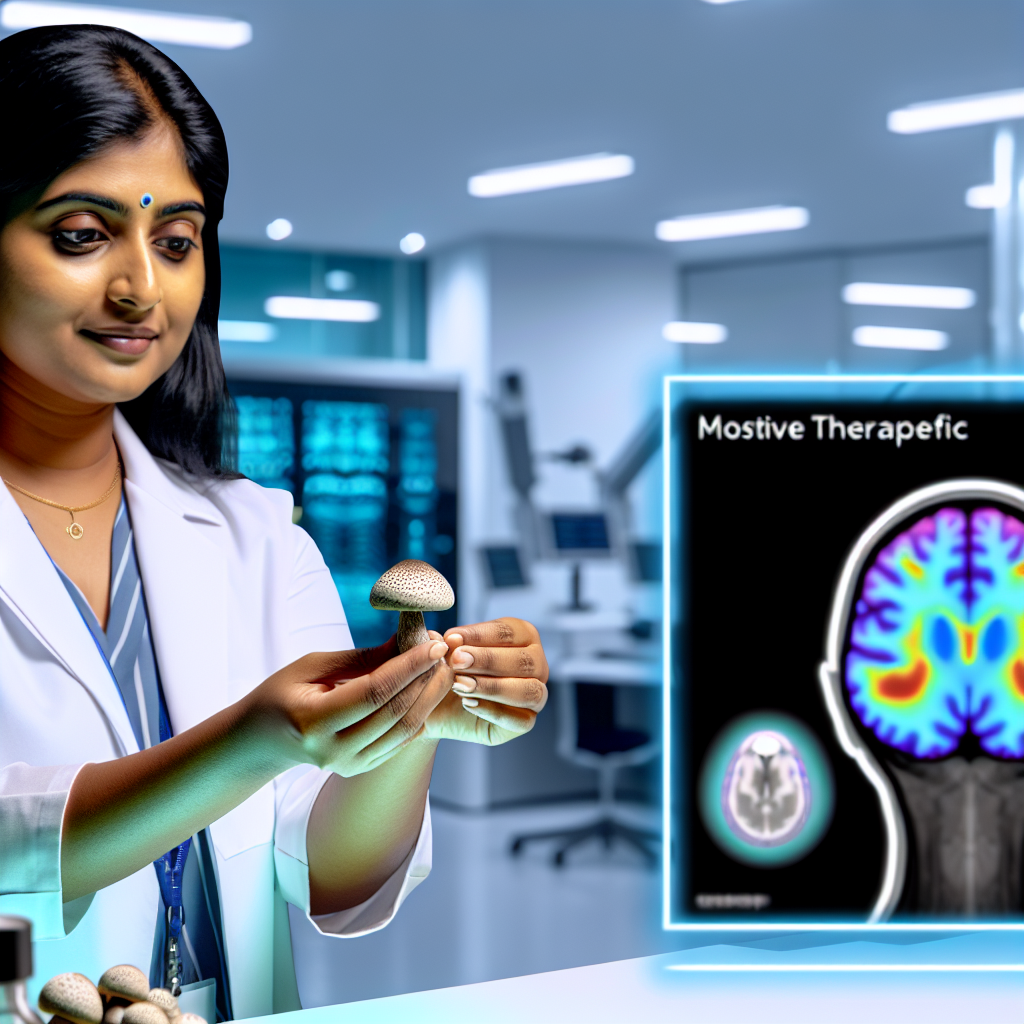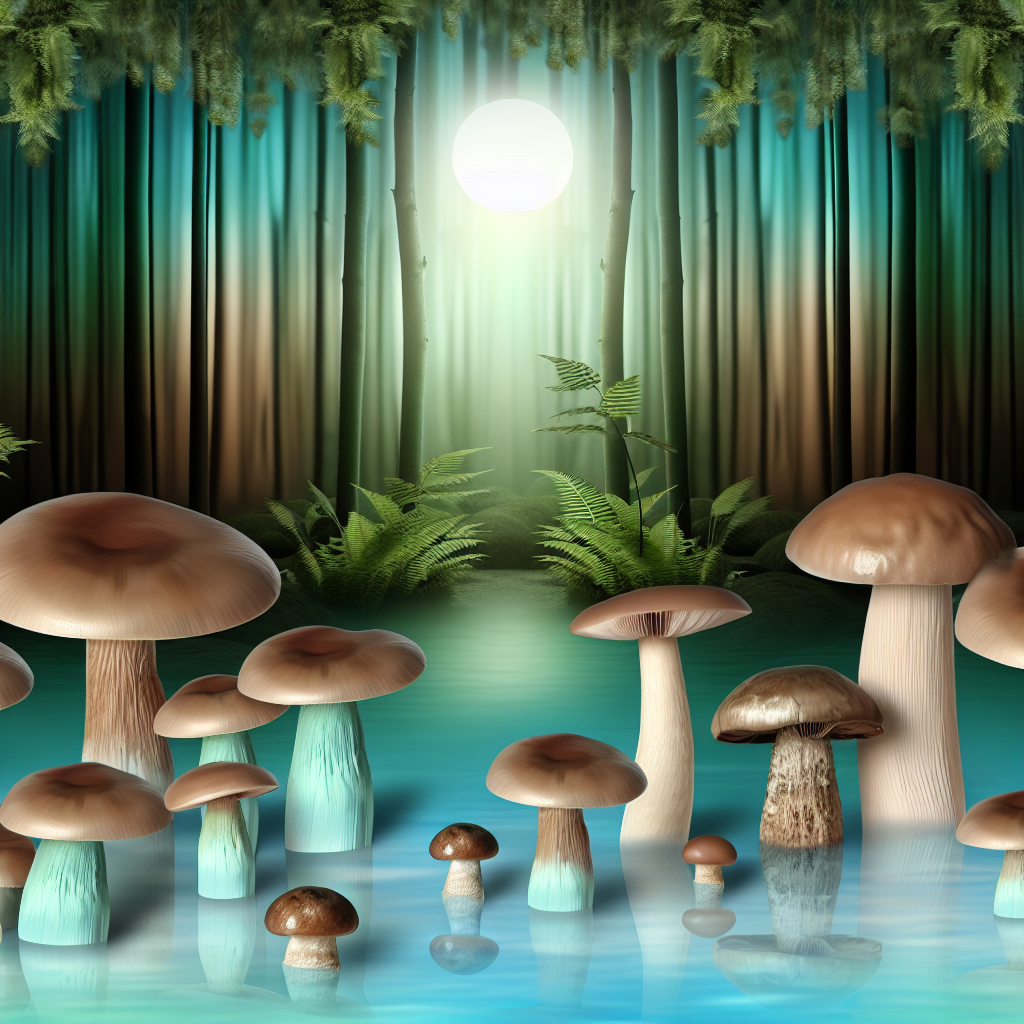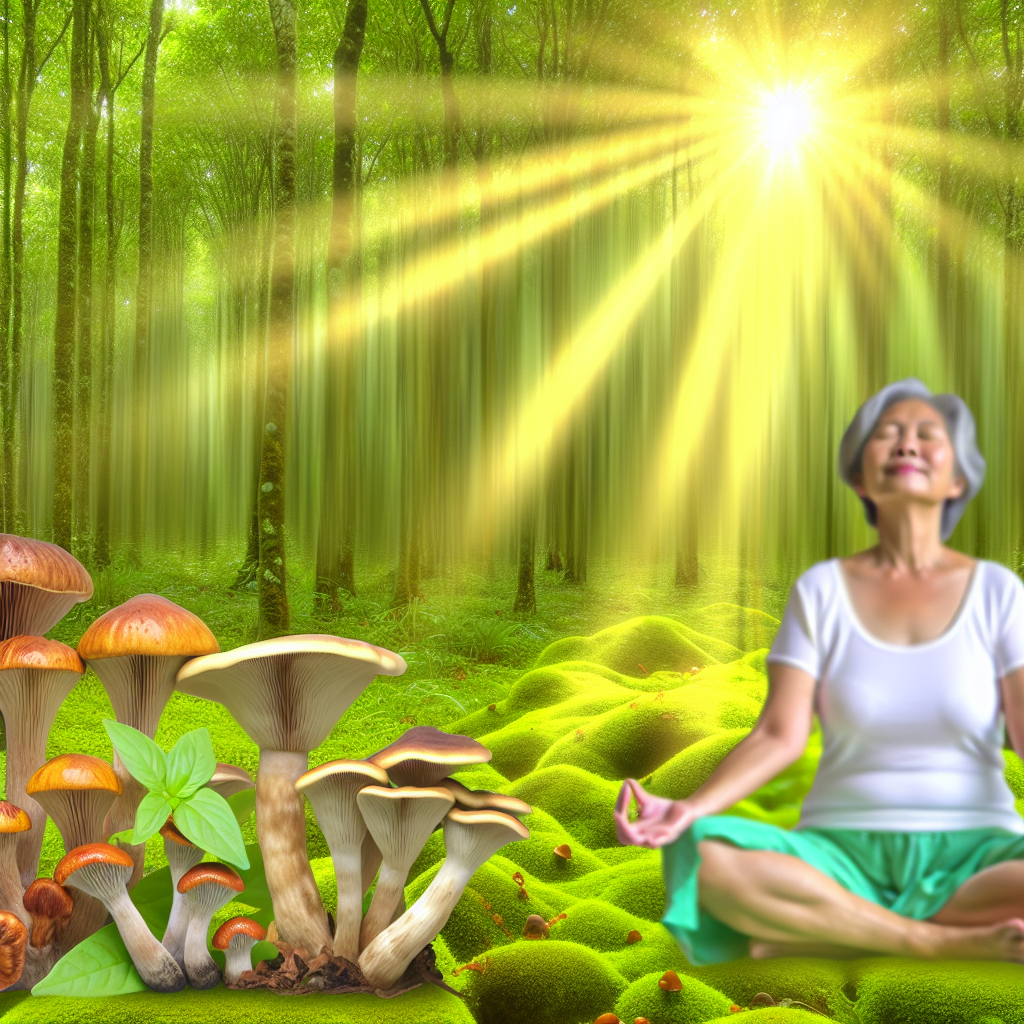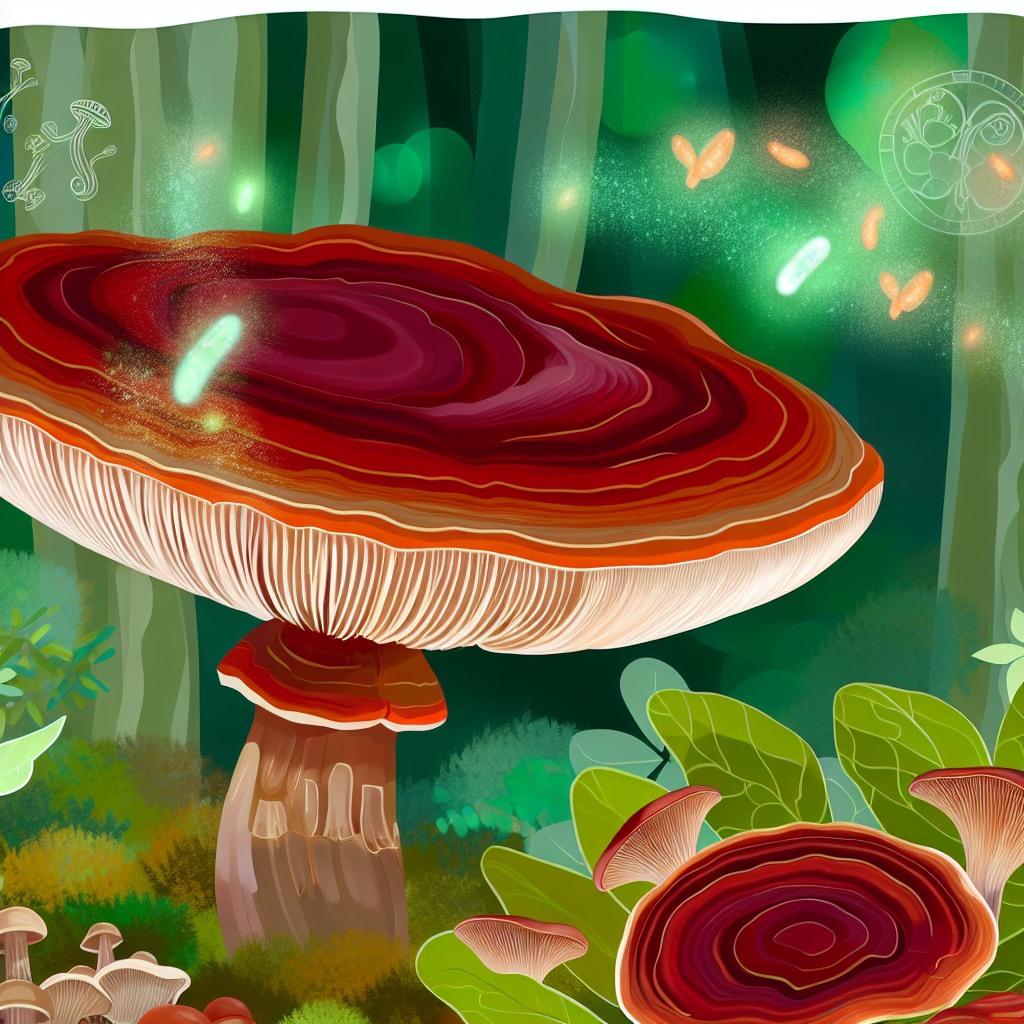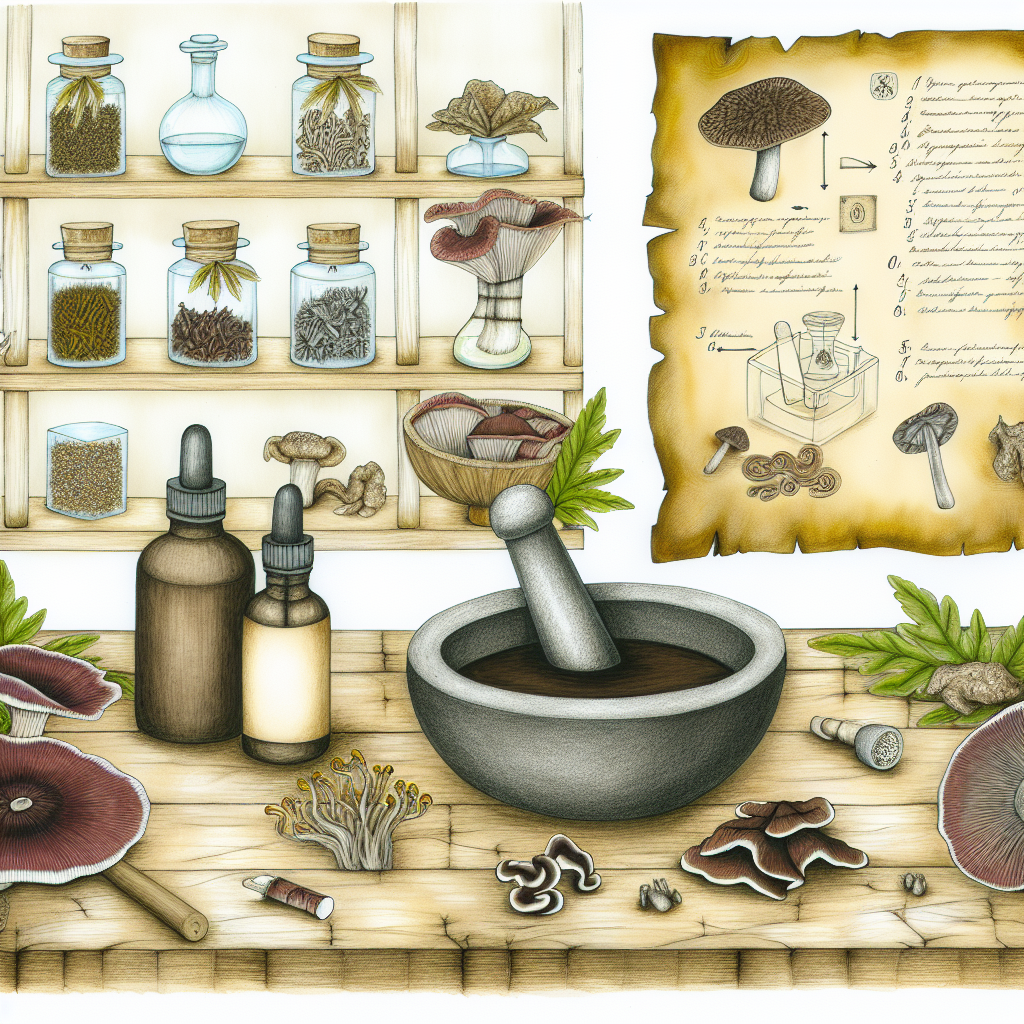Psilocybin and Depression: New Treatment Protocols Following FDA Breakthrough Status
Depression remains one of the most pressing mental health issues of our time, affecting more than 280 million people worldwide, according to the World Health Organization. Traditional treatments—including selective serotonin reuptake inhibitors (SSRIs), cognitive-behavioral therapy (CBT), and other pharmacological regimens—have shown varying degrees of success. However, a significant subset of individuals remains resistant to these treatments, leading researchers and practitioners to explore alternative therapeutic avenues.
One of the most promising developments to emerge in recent years is the therapeutic use of psilocybin, the naturally occurring psychedelic compound found in certain species of mushrooms.
Clinical Trials Deliver Groundbreaking Results
Multiple peer-reviewed studies have underpinned the growing enthusiasm around psilocybin’s efficacy in treating depression.
Among the most prominent is a 2020 trial conducted by researchers at Johns Hopkins University, published in JAMA Psychiatry. This randomized clinical trial evaluated the impact of two psilocybin sessions, combined with psychotherapy, in adults with major depressive disorder. Results showed that 71% of participants experienced a clinically significant reduction in depressive symptoms, and over half achieved full remission by week four. [Read the study](https://jamanetwork.com/journals/jamapsychiatry/fullarticle/2772630)
Another major research effort took place at Imperial College London, where scientists compared the efficacy of psilocybin with escitalopram, a common antidepressant. The 2021 trial, published in the New England Journal of Medicine, found that while statistical significance was not achieved in all measures, the psilocybin group exhibited greater improvements in secondary outcomes such as emotional well-being and connectedness to life. [Read the study](https://www.nejm.org/doi/full/10.1056/NEJMoa2032994)
The Three-Phase Protocol: A New Approach to Healing
These studies have prompted the development of structured psilocybin treatment protocols, typically involving three key phases:
1. **Preparation Session**
Patients collaborate with trained therapists to build trust and prepare emotionally and mentally. This includes setting intentions, discussing emotional history, and establishing safety.
2. **Dosing Session**
In a calm, supportive setting (often resembling a living room), patients receive a measured dose of psilocybin. Therapists remain nearby to ensure comfort and safety, but do not actively guide the experience unless necessary.
3. **Integration Session**
After the journey, patients meet with therapists to process insights and emotions surfaced during the session. This phase transforms raw experience into lasting change by reinforcing new thought patterns and behaviors.
This protocol contrasts with conventional medications, which often require daily doses with uncertain long-term impact. Psilocybin therapy offers deep results from one or two guided sessions, reducing chronic dependency on pharmaceuticals.
Understanding the Brain on Psilocybin
Much of psilocybin’s power lies in its impact on brain structure and function. The compound interacts strongly with serotonin receptors—specifically the 5-HT2A receptor—and alters the behavior of the default mode network (DMN), a brain system involved in self-referential thinking, rumination, and depressive cognition patterns.
A 2022 study from Stanford Medicine showed that a single dose of psilocybin increased neuroplasticity and emotional processing, with effects sustained weeks later. These brain-level changes correlate with users’ subjective reports of clarity, emotional freedom, and newfound perspective. [Stanford Medicine report](https://med.stanford.edu/news/all-news/2022/04/psychedelic-drug-boosts-neural-connectivity-depression.html)
New Frontiers: Microdosing and Group Therapy Innovations
As research and legalization efforts progress, exciting new treatment models are being explored.
– **Microdosing Protocols**: Early-stage trials are evaluating the impacts of sub-perceptual doses taken over time. Though anecdotal evidence is strong, clinical validation is still in progress.
– **Group Therapy Models**: Clinics are testing the efficacy of group-led psilocybin therapies. These not only reduce costs but foster communal healing, storytelling, and integration among participants.
States like Oregon and Colorado are pioneering the legal frameworks needed to support these models. Forward-thinking mental health startups are also developing scalable, culturally sensitive offerings tailored to a variety of populations.
Conclusion: A New Era for Mental Health Treatment
As psilocybin continues to rise through the ranks of validated psychiatric treatments, its journey from ancient plant medicine to FDA-recognized innovation offers an inspiring narrative of transformation and hope.
With rigorous scientific backing, evolving therapeutic protocols, and growing legal support, psilocybin is poised to revolutionize the way we understand and treat depression. For the millions affected by this debilitating condition—especially those for whom traditional treatments have failed—psilocybin-assisted therapy presents a promising light at the end of the tunnel.
Summary
The article explores the growing use of psilocybin, a naturally occurring psychedelic compound, as a treatment for depression. It highlights recent clinical trials that have shown promising results, including a 71% reduction in depressive symptoms and over 50% full remission. The article also outlines the three-phase treatment protocol involving preparation, dosing, and integration sessions. It delves into the neuroscientific mechanisms behind psilocybin’s effects, such as its impact on serotonin receptors and the default mode network. Additionally, the article discusses emerging treatment models like microdosing and group therapy. As psilocybin gains FDA recognition and legal support, the article concludes that it is poised to revolutionize mental health treatment, offering new hope for those resistant to conventional therapies.
References
– [Johns Hopkins Medicine, “Psilocybin Therapy for Major Depression Effective for Up to a Year for Most Patients”](https://www.hopkinsmedicine.org/news/newsroom/news-releases/psilocybin-therapy-for-major-depression-effective-for-up-to-a-year-for-most-patients)
– [JAMA Psychiatry, “Effects of Psilocybin-Assisted Therapy on Major Depressive Disorder”](https://jamanetwork.com/journals/jamapsychiatry/fullarticle/2772630)
– [New England Journal of Medicine, “Trial of Psilocybin versus Escitalopram for Depression”](https://www.nejm.org/doi/full/10.1056/NEJMoa2032994)
– [Stanford Medicine News, “Psychedelics Boost Neural Connectivity”](https://med.stanford.edu/news/all-news/2022/04/psychedelic-drug-boosts-neural-connectivity-depression.html)
– [FDA Breakthrough Therapy Designation Programs](https://www.fda.gov/news-events/press-announcements/fda-expands-use-innovative-program-speed-development-breakthrough-therapies)

Dominic E. is a passionate filmmaker navigating the exciting intersection of art and science. By day, he delves into the complexities of the human body as a full-time medical writer, meticulously translating intricate medical concepts into accessible and engaging narratives. By night, he explores the boundless realm of cinematic storytelling, crafting narratives that evoke emotion and challenge perspectives. Film Student and Full-time Medical Writer for ContentVendor.com
